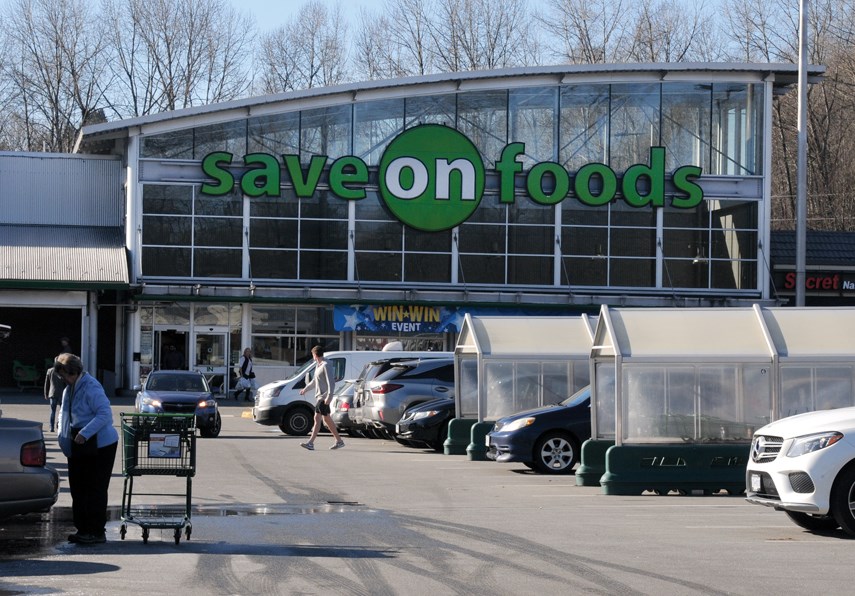This article has been amended.
Wine is out. Health is in.
That was City of North Vancouver’s verdict Monday as council rejected Save-On-Foods’ application to stock B.C. wine at its Brooksbank Avenue outlet, much to the chagrin of Coun. Holly Back.
“Why do we only protect private liquor stores and no other businesses?” Back asked her colleagues.
Small liquor stores could be hurt by allowing Save-On-Foods to stock wine, responded Coun. Jessica McIlroy, who noted the city’s emphasis on healthy living.
“I don’t know whether increasing the access to any type of alcohol actually fits with our goals of being the healthiest small city in the world,” McIlroy said. “I’ve never had anyone say that they want greater access to wine or alcohol in our community.”
Save-On-Foods has been inundated with “thousands of consumer requests” to stock reds and whites at their grocery stores, according to Overwaitea Food Group representative Steve Moriarty.
“The doom and gloom that gets portrayed about the negative impact . . . is simply not true,” he said.
Trying to use the city’s zoning bylaws to create a barrier to wine consumption may be fruitless, according to Coun. Tony Valente.
“I don’t think it makes sense . . . to pretend that we can control this through zoning,” Valente said.
While Valente stopped short of endorsing Save-On-Foods’ application, he suggested opening the issue for public consultation.
Allowing grocery stores to stock wine may create public health risks, advised Vancouver Coastal Health medical officer Mark Lysyshyn, who noted lower prices generally lead to increased consumption.
Lysyshyn’s argument failed to pass muster with Back.
“I can’t buy into that,” she said, adding she might buy a bottle of wine and a kale salad.
Coun. Angela Girard differed.
Approving the application could hurt the health of a vulnerable population without bringing “any great benefit” to the community, she said.
“I’m just not convinced that we’re in a crisis for convenience,” she said.
The city mandates alcohol retailers be separated by a radius of one kilometre – a rule that doesn’t apply to any other business, Back noted, adding car dealerships, nail salons and restaurants and frequently clustered together.
“Why does it apply to wine?” Back asked.
Mayor Linda Buchanan differed, pointing out the city used a zoning bylaw to limit the number of city pot shops. The city has entertained applications from several grocery stores but has consistently upheld the one-kilometre rule, Buchanan said.
With 39 per cent of Gull Liquor Store’s gross sales stemming from wine, allowing a major grocery store to sell reds and whites will hurt Gull’s business, warned Gull Liquor Store owner/operator Gill Jin.
Given Gull’s low cost/high volume business model, the competition would likely “push our prices higher,” Jin wrote in a letter to the city.
Jin also emphasized the importance of upholding the one-kilometre rule.
“How can there be a different set of rules for two businesses located in the same shopping area, selling the same product?” Jin asked.
The move to reject the grocery store’s proposal was passed 5-2, with Couns. Back and Valente opposed.
The City of North Vancouver previously rebuffed the grocery store’s application when Save-On-Foods applied to sell wine in 2017, citing the challenges faced by the Gull Liquor Store.
A majority of council also voted to maintain the one-kilometre radius in 2016, essentially keeping wine off the shelves of Loblaws City Market.
The one exception among North Shore grocery stores is the Save-On-Foods at Pemberton Plaza in the District of North Vancouver. Because the zoning already permitted the sale of alcohol, the grocery was able to sell Sauvignon Blanc, Pinot Noir and Merlot without approval from district council.



